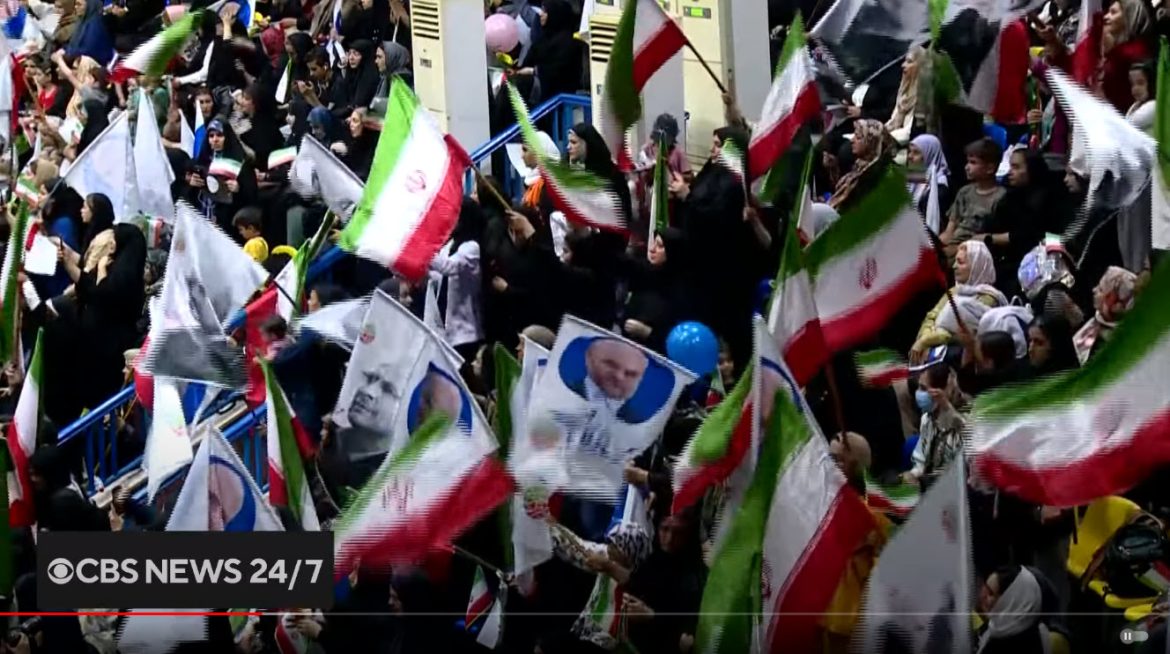As Iran’s presidential election approaches a crucial final, run-off round, the nation and the international community are closely watching the two remaining candidates vying for the presidency. CBS News producer Seyed Bathaei recently spoke with correspondent Elizabeth Palmer about the candidates and the potential implications of their leadership for Iran and its relations with the rest of the world.
The two candidates who have emerged as the frontrunners are Ebrahim Raisi, the conservative judiciary chief, and Abdolnasser Hemmati, the former governor of Iran’s central bank. The stark contrast between these candidates highlights the significant political divide within the country.
Ebrahim Raisi, known for his hardline stance and close ties to Supreme Leader Ayatollah Ali Khamenei, represents the conservative faction. His potential presidency is seen as a continuation of stringent domestic policies and a more confrontational approach to foreign relations, particularly with Western countries. Raisi has previously been involved in Iran’s judiciary, including during periods of severe crackdowns on political dissent.
On the other hand, Abdolnasser Hemmati is viewed as a more moderate candidate, advocating for economic reforms and greater engagement with the international community. Hemmati’s background in economic policy positions him as a candidate focused on addressing Iran’s economic challenges, which have been exacerbated by international sanctions and the global pandemic. His presidency could signal a shift towards diplomatic efforts to revive the 2015 nuclear deal and improve relations with Western nations.
Elizabeth Palmer, in her discussion with Seyed Bathaei, highlighted the critical juncture at which this election takes place. The outcome will not only shape Iran’s domestic policies but also its interactions on the global stage. A Raisi victory could mean a continuation of resistance against Western influence and a potential hardening of Iran’s nuclear stance. In contrast, a Hemmati win might open doors for renewed negotiations and a focus on economic recovery through international cooperation.
The election also reflects the broader societal tensions within Iran, where many citizens are disillusioned with the current political system and the economic hardships they face. Voter turnout and public sentiment will play crucial roles in determining the legitimacy and mandate of the next president.
As Iran heads towards this pivotal run-off, the world watches closely, understanding that the elected president will have profound implications for regional stability, global diplomatic relations, and the future trajectory of Iran.



